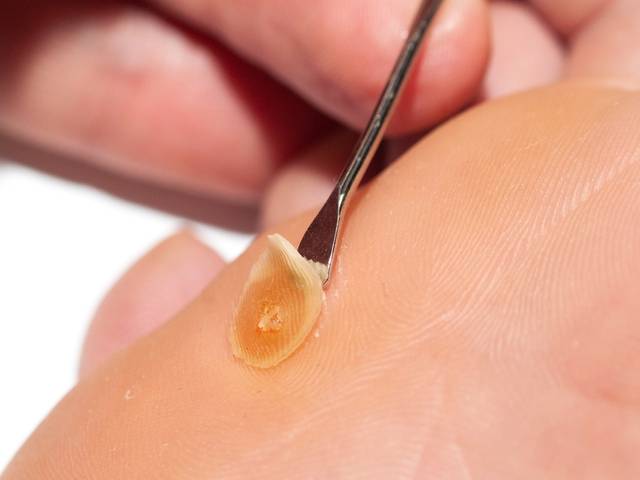
If you’ve ever had plantar warts, you know how frustrating they can be. Not only are they ugly, but they can also cause pain. In this blog post, we’ll talk about the most effective strategies to get rid of plantar warts. We will discuss both home therapy and medical procedure alternatives so that you can select the one that is best for you. Read on to learn more.
What are plantar warts?
Plantar warts are tiny, elevated lesions that usually appear on the heels or ball of the foot. They are caused by a virus and can be very painful. If you have plantar warts, you may be looking for ways to remove them. We’ll talk about the most effective strategies to do so.
What causes plantar warts?
If you come into contact with the virus that causes plantar warts, you may develop the condition. Indirect transmission can occur by sharing towels or shoes with someone who has a plantar wart. In other circumstances, the transfer might occur immediately if one individual encounters another wart. Plantar warts grow best in warm, damp climates.
Specific causes include:
- Excessive Sweating
- Trauma to the Foot
- HPV Virus
- Poor Hygiene Practices
What are the symptoms of plantar warts?
Plantar warts indications and symptoms include:
- A little, rough growth on the bottom of the foot, usually near the base of the toes, the ball of the foot, or the heel.
- The growth may seem paler on brown or black skin than on unaffected skin.
- A wart that has turned inward over a skin area is protected by a hard, thickened covering of skin (callus).
- Wart seeds are small, blocked blood arteries that appear as black pinpoints.
- Walking or standing can result in pain or soreness.
Plantar warts vs. Calluses
Plantar warts and calluses are not the same. The sole difference between the two is that calluses do not contain any black patches. Calluses are the result of repeated rubbing against the skin. These are primarily found on the hands and feet. A callus is visible as a raised, white patch of skin.
Plantar warts can grow within a callus. This is due to the increased friction caused by the callus, which enhances the risk of developing these warts.
How are plantar warts diagnosed?
Plantar warts are often identified through visual inspection. If you have warts on your feet, your doctor may examine them to confirm the diagnosis. In some situations, a doctor may need to perform a biopsy to confirm that the lesions are plantar warts. Consult a doctor for a diagnosis.
How are plantar warts treated?
Here are some plantar wart treatments:
Surgical and other procedures
If you are seeking a more aggressive therapy for plantar warts, your doctor may consider medical intervention. A variety of medical therapies are available, including:
Laser therapy
Laser therapy uses high-intensity light to eliminate the wart’s cells. This is a very new therapy approach, and it is unclear how effective it is. However, it causes little discomfort or scars.
Cryotherapy
Cryotherapy uses cold temperatures to eliminate the wart’s cells. This is a common therapeutic option that is typically extremely effective. However, it may cause pain and suffering.
Surgery
In some situations, surgery may be required to remove a large or resistant wart. This is a relatively invasive surgery that may induce scarring.
Blistering medicine
Blistering medicine is a popular therapy for plantar warts. It includes applying a medicine to the wart, causing it to blister and peel off. This is a rather successful procedure that causes no discomfort or scars.
Immunotherapy
Immunotherapy is a treatment approach in which the body’s immune system fights the virus that causes plantar warts. This is a very new treatment, and it is unclear how effective it is. However, it causes little discomfort or scars.
Vaccine
There is presently no vaccination available to treat plantar warts. However, there are a few vaccines available to help prevent the virus responsible for plantar warts from spreading. If you want to know how to avoid plantar warts, talk to your doctor or a skin cancer specialist about obtaining a vaccine.
Freezing medicine
Freezing medicine is a common therapy for plantar warts. It consists of freezing the wart with a cold substance, such as liquid nitrogen. This procedure is typically quite effective and does not cause discomfort or scars.


